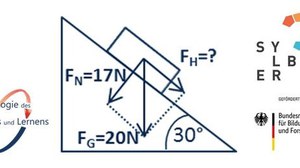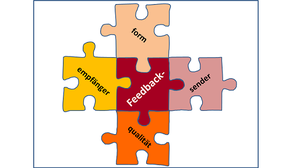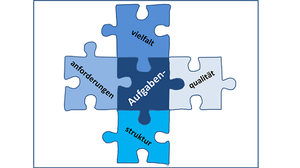Smart Teaching, Learning and Instruction
Our mission is focused on learning tasks and feedback.
The core competencies of the Department of the Psychology of Learning and Instruction are rooted in the domains of smart learning, teaching, and instruction – with a particular research focus on learning tasks and feedback.
We support educators in the professional implementation of learning tasks and feedback. We assist learners in the most effective and efficient utilization of learning tasks and feedback for their own study efforts. In addition, we contribute to a continuous optimization of learning materials in educational contexts.
 © Prof. für die Psychologie des Lehrens und Lernens
© Prof. für die Psychologie des Lehrens und Lernens
Smart Teaching, Learning and Instruction
Smart Teaching, Learning and Instruction
Knowledge and competence acquisition in a modern information and knowledge society require lifelong learning in terms of an active construction and communication of knowledge. Smart teaching and instruction relate to the idea that teachers and instructional designers should be capable of designing learning environments in ways which encourage an active construction and communication of knowledge. Smart learners are are sought to make active and reflected use of such learning environments, while regulating their own learning process successfully and effectively.
Current metanalyses regarding the qualitative factors of learning and instruction (e.g. Hattie, 2009) demonstrate that feedback, as well as interactive learning tasks, rank among the most influential factors that promote learning. We are therefore committed to the research, implementation, and empirical validation of the effects of learning tasks and feedback, as well as the related boundary conditions, in three different research areas:
1. Professionalization of educational agents: How can educators support learners in utilizing learning tasks and feedback in ways that are beneficial for learning and motivation?
2. Promotion of an active and reflected use of learning materials: How can learners be supported in an optimal planning, implementation, and evaluation of learning activites? Which role do learning tasks and feedback play?
3. Design of innovative learning environments. How do learning tasks and feedback need to be designed in order to ensure an active and constructive engagement with the learning materials?


